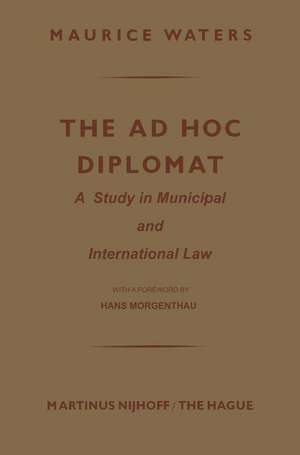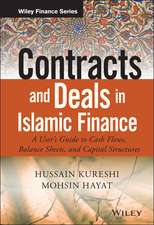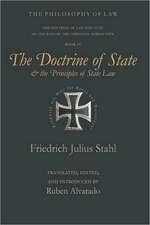The Ad Hoc Diplomat: A Study in Municipal and International Law
Autor Maurice Waters Editat de Hans Morgenthauen Limba Engleză Paperback – 1963
Preț: 386.00 lei
Nou
Puncte Express: 579
Preț estimativ în valută:
73.87€ • 80.21$ • 62.05£
73.87€ • 80.21$ • 62.05£
Carte tipărită la comandă
Livrare economică 22 aprilie-06 mai
Preluare comenzi: 021 569.72.76
Specificații
ISBN-13: 9789401503464
ISBN-10: 940150346X
Pagini: 260
Ilustrații: XII, 233 p. 1 illus.
Dimensiuni: 155 x 235 x 14 mm
Greutate: 0.37 kg
Ediția:Softcover reprint of the original 1st ed. 1963
Editura: SPRINGER NETHERLANDS
Colecția Springer
Locul publicării:Dordrecht, Netherlands
ISBN-10: 940150346X
Pagini: 260
Ilustrații: XII, 233 p. 1 illus.
Dimensiuni: 155 x 235 x 14 mm
Greutate: 0.37 kg
Ediția:Softcover reprint of the original 1st ed. 1963
Editura: SPRINGER NETHERLANDS
Colecția Springer
Locul publicării:Dordrecht, Netherlands
Public țintă
ResearchCuprins
I. The Nominating and Appointing Power.- Establishment of the Practice.- The Change in the President’s Authority.- Summary.- II. Historical Arguments for and Against the Use of the Special Agent.- Arguments Against the Use of Special Agents.- Arguments For the Use of Special Agents.- Summary.- III. The Question of Office.- Marshall’s Opinion.- Later Definitions of Office.- The Problem of Rank.- The Presidential Signature and the United States’ Seal.- The Contingent Fund.- Establishment of the Fund.- Summary.- IV. The President’s Appointing Power with Respect to Special Agents.- Early Attempts at Restrictions.- Restrictions Successfully Passed.- Restrictions With Respect to International Organizations.- The United Nations “Battle”.- Special Agents and the Question of Rank.- Summary.- V. Status of the Regular Diplomatic Agent under International Law.- Agréation.- La Lettre de Créance.- The Nature of Diplomatic Privileges and Immunities.- Duration of Diplomatic Immunities.- Theories on the Basis of Diplomatic Immunity.- Who Receives Diplomatic Privileges and Immunity.- Who Decides the Question of Entitlement to Immunity.- The Basis for the Decision.- The Meaning of Function.- Responsibility for the Protection of Diplomats.- Responsibility for the Acts of a State’s Agents.- Functions of a Diplomat.- Diplomatic Agents Below the Rank of Ambassador.- Summary.- VI. Status of Miscellaneous Agents under International Law.- International Conferences.- International Organizations.- International Commissions.- Summary.- VII. Status of the Special Agent under International Law.- Special Secret Agents.- Special Public Agents.- The Establishment of Special Missions.- Privileges and Immunities.- Freedom of Movement and Communication.- Responsibility for the Protection ofSpecial Agents.- Responsibility for the Acts of the Special Agent.- Functions of the Special Agent.- Summary.- VIII. Conclusions.- Municipal Law Aspect.- International Law Aspect.- Appendix A.- Representative List of Special Agents.- Appendix B.- Provisions for Appointing United States Delegates to International Organizations.- Appendix C.- Vienna Convention on Diplomatic Relations.- Appendix D.- The Agencies of Colonel House and Harry Hopkins.- Edward M. House.- House’s Background.- The Nature of the House-Wilson Relationship.- His Influence and Methods of Operation.- Five Missions Abroad.- Advantages and Disadvantages in Using House.- Summary.- Harry L. Hopkins.- Hopkins’ Background.- The Nature of the Hopkins-Roosevelt Relationship.- Five Missions Abroad.- His Influence and Methods of Operation.- Advantages and Disadvantages in Using Hopkins.- Summary.










